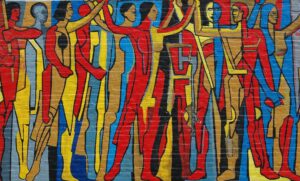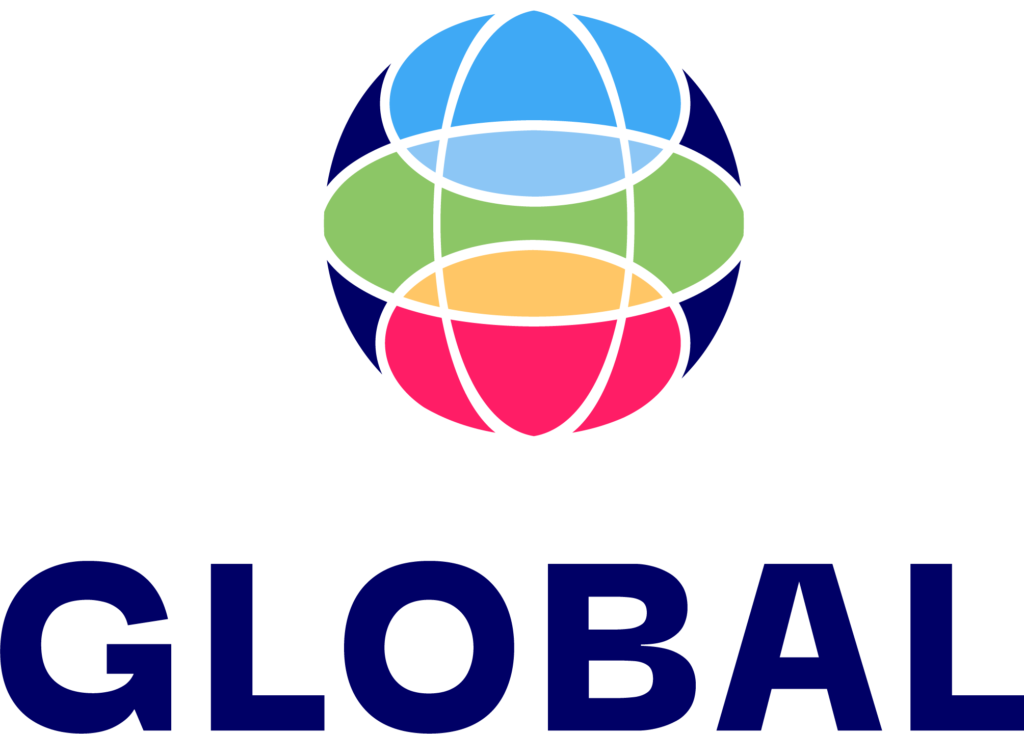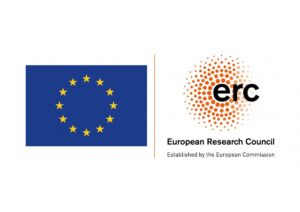
The ERC Advanced Grant project GLOBAL investigates the dimensionality of global politics. Treating the globe as one system, it analyses the cleavages that structure world politics and asks whether conflicts are shaped territorially or along functional alignments cutting across world regions.
The long-term empirical analysis from the 19th century to the present aims to establish if, and under what conditions, international divisions opposing world regions – core−periphery, North−South, or civilisational contrasts – change and are replaced by conflict lines that oppose groups along economic, political-military and socio-cultural inequalities. This project on the globalisation of politics extends the PI’s previous work on the nationalisation and Europeanisation of politics to the global level.
–
______________________________________________________________________________________________________________________________________________________________________
Highlights
Call for applications: Postdoctoral Research Fellowship. Information and links to advertisements are available here.
2023 Stein Rokkan Memorial Lecture: Global Cleavages: Political Conflict across World Regions in Historical Perspective, delivered by Daniele Caramani at the University of Bergen.
Publication: Caramani, Daniele (2024). A Cleavage-Based Conceptualisation of Politicised Global Integration. Journal of European Public Policy. https://doi.org/10.1080/13501763.2024.2309197
Publication: Caramani, Daniele, Gurova, Siyana and Tobias Widmann (2024). The Evolution of Global Cleavages: A Historical Analysis of Territorial and Functional World Alignments Based on Automated Text Analysis, 1843–2020. Comparative Political Studies. https://doi.org/10.1177/00104140241271
New Working Paper GLOBAL by Noël and Thérien.
Jessica Di Cocco appointed Research Fellow in the GLOBAL project from February 2024.
İpek Çineli and Mafalda Pratas appointed Research Fellows in the GLOBAL project from September 2024.
Project information
ERC Advanced Grant
Horizon Europe: ERC-2022-ADG (project number: 101097740)
Funding: 2.5 million Euro for five-year project duration
Duration: July 2023 – June 2028
Principal Investigator: Prof. Daniele Caramani
Team: Dr. İpek Çineli (Post-Doctoral Research Fellow); Dr. Jessica Di Cocco (Post-Doctoral Research Fellow); Mafalda Pratas (Post-Doctoral Research Fellow); TBA (Post-Doctoral Research Fellow); Deniz Tufur (Research Assistant); Joanna Wielgo (Project Manager).
CORDIS page: https://cordis.europa.eu/projects
Project activities
Research is organized in four work packages based on different methodologies: (WP1) network analysis and analysis of aggregated data on party systems and parliamentary groups, (WP2) semi-automated text analysis and machine learning, (WP3) scaling techniques with roll-call votes, and (WP4) survey analysis. Within each work package, a number of tasks are distinguished based on “comparative” and “transnational” approaches.
Research is regularly presented at conferences, with working papers and articles in scientific journals.
GLOBAL also organises workshops. Two are planned so far:
- September 26-27, 2024, a scientific kick-off academic workshop on “Global Cleavages: A New Research Agenda for International Politics”, leading to special issue of a disciplinary journal. The event is hosted by the Robert Schuman Centre (see events page).
- In 2028, a workshop on “From Global Politics to Global Governance: The Politicization of Supranational Institutions” aimed at practitioners to facilitate the transfer of knowledge to global institutions and the public sphere, leading to an edited volume.
The workshops are a step toward creating an international network that can foster exchange and collaboration. The seminar series of the project, which features junior and established scholars presenting related work, is instrumental to developing this network.
Data, codes and code-books produced during research will be available through this website upon publication of empirical results.
At the end of the funding period, the project will lead to a book on “The Globalisation of Politics” by the PI that follows, on common theoretical foundations, the two books on the nationalisation and Europeanisation of politics (Cambridge University Press, 2004 and 2015).
______________________________________________________________________________________________________________________________________________________________
Funded by the European Union (ERC, GLOBAL, 101097740). Views and opinions expressed are however those of the author(s) only and do not necessarily reflect those of the European Union or the European Research Council Executive Agency. Neither the European Union nor the granting authority can be held responsible for them.
Image by Terence Faircloth/ Flickr.


